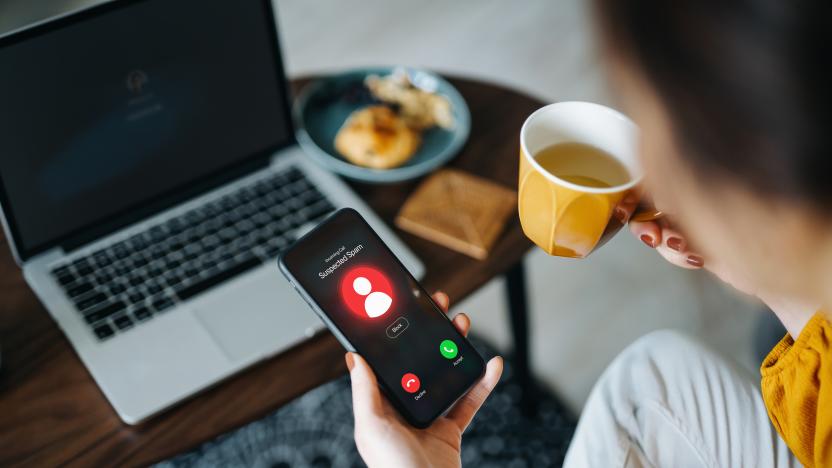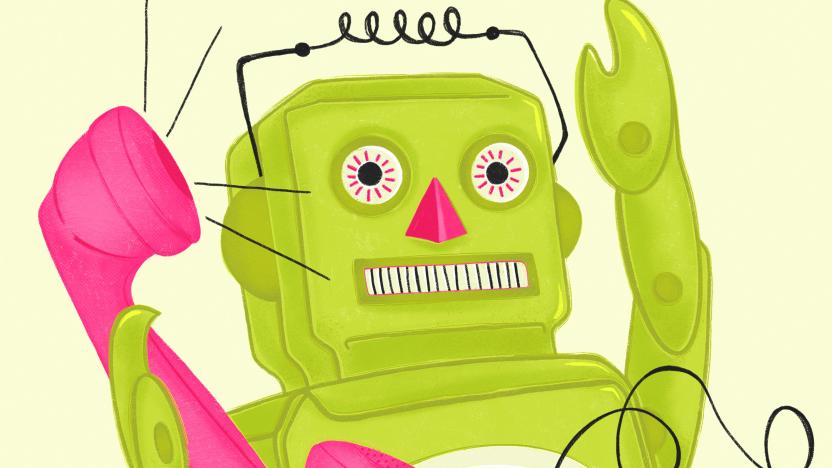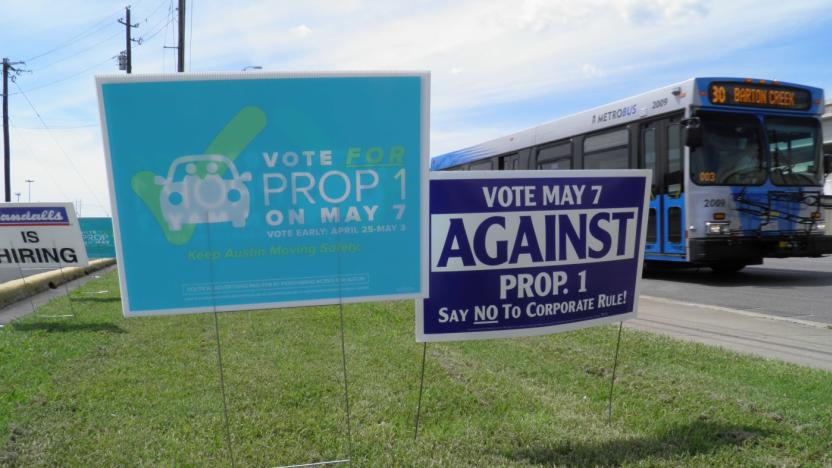TCPA
Latest

The FCC is cracking down on ringless voicemail spam
The FCC is cracking down on ringless voicemail spam that clutters your inbox.

Supreme Court rules against law allowing debt-collection robocalls to cell phones
The US Supreme Court decided today that debt collectors can no longer make robocalls to cell phones (via Ars Technica). In doing so, the court has ruled that the prior provision to the law violated the First Amendment by favoring debt-collection speech over other kinds of speech. The law cited here is the Telephone Consumer Protection Act (TCPA) of 1991 which prohibits almost all robocalls to cell phones.

FCC won't warn robocallers before fining them
The FCC will no longer warn robocallers before it issues penalties, and it'll have more time to take action.

House Democrats want to step up the fight against robocalls
Some in Congress don't think the FCC's latest anti-robocall measures go far enough. Democrats in the House Committee on Energy and Commerce have put forward one bill and two drafts that would give further grief to spam callers. The fully formed bill, the HANGUP Act, would force federal debt collectors to get your permission before robocalling you. This had actually been part of the 1991 Telephone Consumer Protection Act, bill sponsor Rep. Anna Eshoo said, but the 2015 Budget Act rolled it back. She characterized these automated calls as harassment, whether it came from a government contractor or anyone else.

Court axes FCC robocall rule for being too broad
The previous FCC leadership took some aggressive steps to fight robocalls, but they've just been scaled back. A DC Circuit appeals court has shot down an FCC rule for reportedly going far in its definition of an autodialer. The regulations defined an autodialer as any device that could dial numbers that were either stored or produced using a number generator, but Judge Sri Srinivasan saw that as far too generic. Some smartphone calls theoretically broke the law, he said. As an example, the judge noted that you technically faced a $500 fine if you called someone to invite them after obtaining their number through a friend.

Uber faces lawsuit over aggressive Austin voting ads
Uber is known for being aggressive when it wants changes to the law -- just ask anyone who has received email after email asking for support. However, its latest effort might have crossed the line. The app-hailed transportation service is facing a class-action lawsuit over a text messaging campaign that called on Austin residents to vote for Proposition 1, which would let ridesharing companies operate without running fingerprint background checks. The lawsuit claims that Uber not only spammed Austinites with "vote for Prop 1" messages without their consent, but made it difficult to avoid those promos. Text replies went unanswered, and calling the source number would only give you an automated error message. In other words, it sounds like the sort of robodialer that would violate the Telephone Consumer Protection Act.

